Trust trumps all
Is AI really the answer? And how will Trump’s second term affect the market? News Editor Conor Feasey offers some insights from Superyacht Investor…
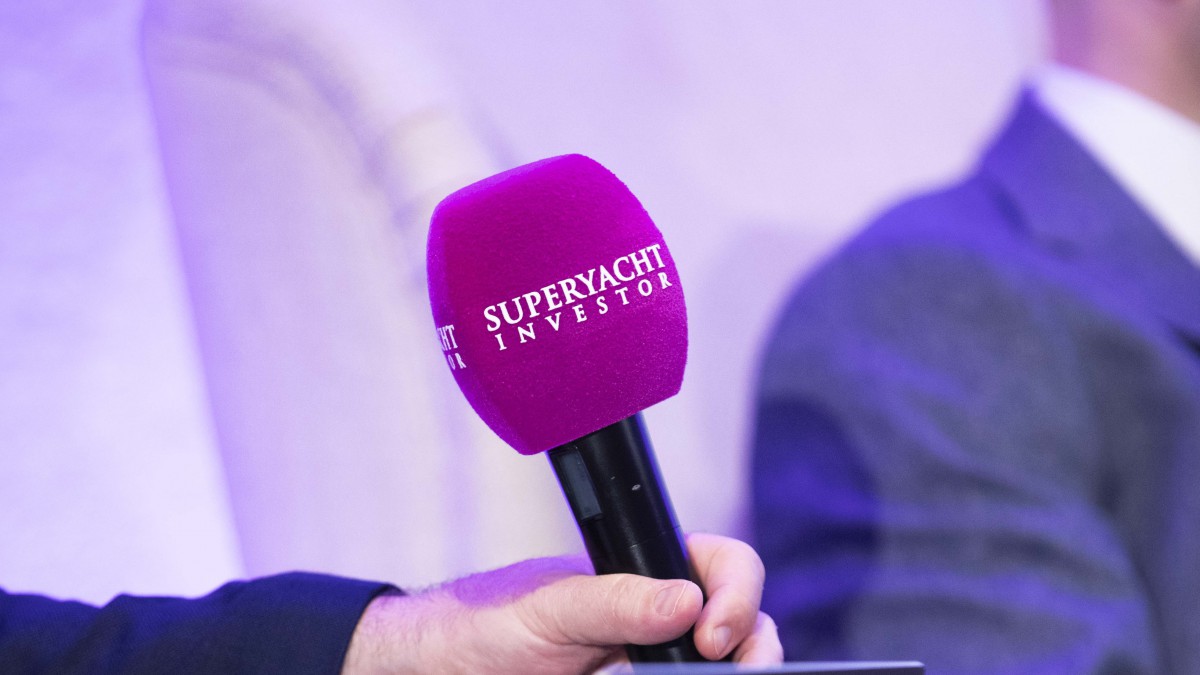
Superyacht Investor London 2025 brought together a strong crowd of shipyards, legal experts, insurers, brokers and financiers. Topics covered AI, regulation, finance and shifting buyer behaviour, but the strongest undercurrent wasn’t tech or geopolitics, but trust. The fundamental idea and hope is that, despite all the changes, relationships remain the defining factor to success in our sector.
As ever, the conversations were underpinned by a tone of realism in a market that’s shifting fast in an industry being asked to modernise in places it’s long resisted change. There was a clear focus on the prominence of AI, changes in marketing techniques, the importance of competitive relationships, the effectiveness of current regulatory mechanisms, emerging corners of the market versus potential softening elsewhere and a fiery discussion on the US market that (arguably) trumped the lot.
On the point of trust, there was some trepidation from the brokers on stage as they discussed their value to the market. There is a broader conversation surrounding AI’s potential role in charter and sales, with language models evolving at such terrifying rapidity, and there is a genuine concern that it could make some parts of brokerage redundant. But while this argument may hold some weight on the lower end of the market in day charter, for the vast majority of brokers, they are irreplaceable. When you hire an experienced broker or lawyer, you are not just paying for the service, but the knowledge and steely forged relationships that come with decades spent in the industry both as a peer, colleague and competitor.
Another noticeable focus was the continued rise of Turkish shipyards. Whilst the sector was once upon a time seen as a cost-effective alternative, they are now unequivocally in the global new-build conversation. There are some potential headwinds with spikes in inflation and tax affecting what was once a more cost-effective option paired with nationwide political instability. However, pricing remains competitive and if quality assurance stays on track, we’re likely to see more buyers continue to shift their attention eastward.
Remaining a hot topic, sanctions and asset seizures continue to cast a long shadow over the industry and the headlines aren't poised to fade anytime soon. The legal and reputational risks vastly remain unresolved. Transparency, not just legal compliance, will be key to maintaining industry credibility.
Traditional lending structures still dominate, with private banks and family offices playing a key role. There are also emerging players making a splash, with digital finance and fintech platforms quickly rising to prominence across yachting. But increasingly, financing is being driven by environmental risk, transparency and operational reliability.
The current insurance environment also came into focus, particularly in the wake of sanctions, the broader geopolitical climate and high-profile tragedies such as the sinking of the Bayesian, bringing the industry further under a scrutinous spotlight. There’s a sense that insurers are becoming more cautious about value and who is behind the ownership structures. Some think that underwriters are pulling back from yachting risk altogether. In either case, trust in data, in due diligence and in who you're dealing with is becoming the currency of choice.
One of the more candid conversations of the event focused on why some Americans resist the MYBA purchase contract. Some put it down to a cultural mistrust, as American buyers tend to be more accustomed to a balance between buyer and seller in contracts and many see MYBA as weighted in favour of brokers and yards. Despite some friction however, the contract did receive some commendation for setting out a rough framework to operate within.
This tied in with a broader conversation around standardisation across pre-sale surveys, although those with hands-on experience largely dismissed this notion. Uniformity sounds nice on paper, but the nuance of each deal often demands a more personal, case-by-case approach, and the notion that “we are only as good as your last survey”.
The finance options on the market continue to evolve in interesting ways. Traditional lending structures still dominate, with private banks and family offices playing a key role. There are also emerging players making a splash, with digital finance and fintech platforms quickly rising to prominence across yachting. But increasingly, financing is being driven by environmental risk, transparency and operational reliability. There’s also growing interest in ESG-linked lending products though these remain niche for now. One trend that stood out is the increasing importance lenders are placing on good yacht management and operational planning as part of the creditworthiness of a deal, circling back to trust in the team behind the operation.
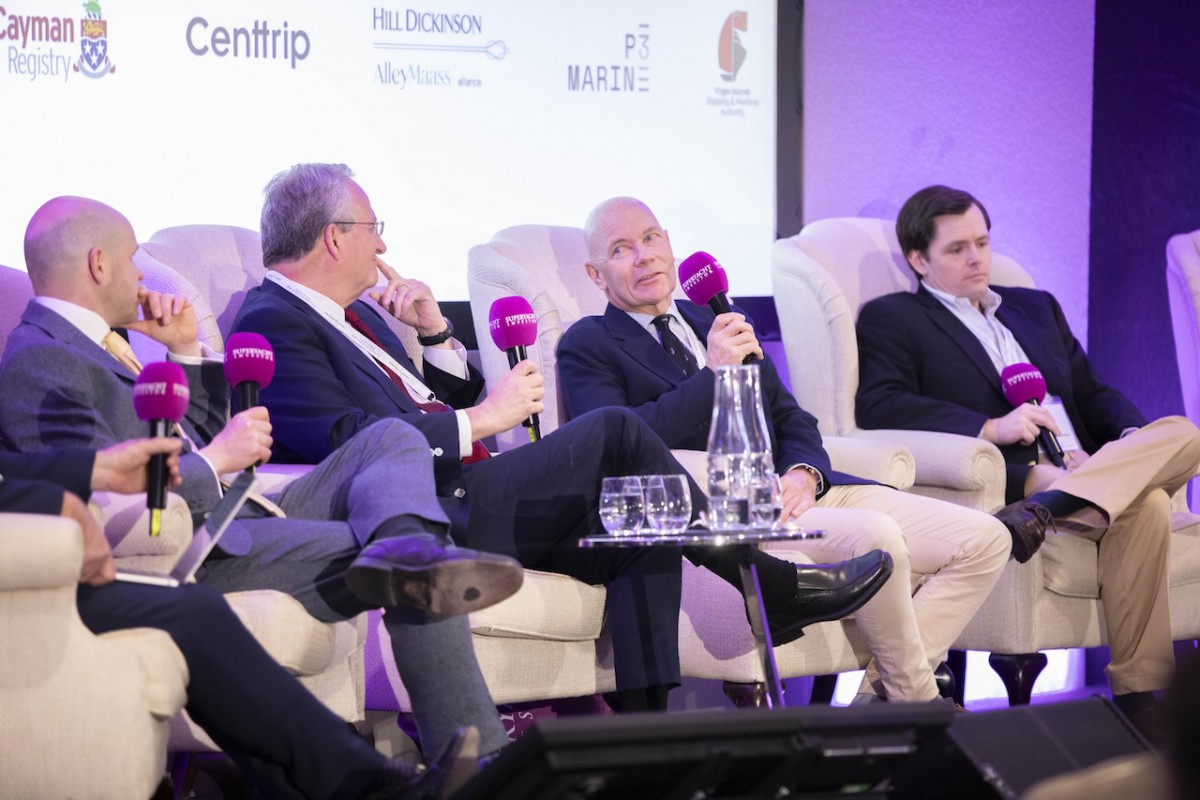 From L to R: Alex Sayegh, HFW; Bob Allen, Robert Allen Law; Richard Franklin, Yacht Survey Partners; David Maas, Alley, Maass, Rogers & Lindsay.
From L to R: Alex Sayegh, HFW; Bob Allen, Robert Allen Law; Richard Franklin, Yacht Survey Partners; David Maas, Alley, Maass, Rogers & Lindsay.
Naturally, there was a large focus on the US market, and if there’s one certainty about Trump’s second term, it’s uncertainty. The stock market’s fluctuations have already led to noticeable hesitancy in the mid-sized yacht market (30-50 metres), while the ultra-high-end segment remains largely untouched amid the political and economic turbulence. Some suggested that there may be a ‘softening’, although, as another broker pointed out earlier in the conference, distinctive trends are hard to pin down in such a niche and fluctuating market.
The fact is, American buyers are still buying, and that is unlikely to change anytime soon. And the industry is learning to navigate bigger highs and lower lows depending on the political and economic climate. Many in the room predicted such fluctuations would happen if Trump were to take the presidency for a second term.
Others, however, made it clear that the strong economic environment Trump claims he is creating is ultimately good for European boat builders. There is perhaps some truth in that at least. Frankly speaking, the US new-build segment is bleak, so owners buy European, potentially poising boat shows in the US to become increasingly important for the entire market if a political detachment from Europe continues.
Layered onto that is a growing divide in how wealth moves. While American buyers are increasingly looking inward or bringing their purchases back home, the UAE and Middle East markets are casting their nets globally. That shift is leaving Europe in an odd middle ground, which could shape where the centre of gravity lies in years to come. Others offer a slightly more optimistic lens, arguing that the chaos of Trump’s second term might actually lead to a more stable environment down the line.
Technology is powerful but it can’t replace the ability to read a room, navigate complex negotiations
or forge lasting bonds with friendly competitors. That, more than anything, will define
the future of yachting.
So,while numbers from recent shows like Palm Beach might signal a positive incline in activity, the real challenge for brokers is as much about understanding how to position themselves in a landscape that could shift dramatically at any moment as it is to actually closing deals. Ultimately, the love for yachting isn’t going anywhere, even if the path to a deal is slightly more unpredictable.
As the event wound to a close, the discussion on marketing took a more introspective turn, and everyone was standing to attention, not least because of that Fiat advert playing in the background. While it may be a tough pill to swallow for some, there was a bit of a reality check. While plenty of time and money is spent on AI tools, social media strategies and next-gen digital platforms, the fact is that none of it matters if you don’t actually understand your market. Yacht marketing is still painfully samey slow-mo drone shots, buzzwords and slogans that could belong to any brand. The Fiat ad had conviction and a clear message. Yachting, by contrast, still feels more like it’s trying to be admired than understood.
The point is that if younger UHNWIs value substance, identity and transparency, then marketing, like everything else in the industry, needs to return to what actually matters. And that, inevitably, is relationships. You can’t fake authenticity. Clients can spot it a mile off, and in a world that’s already oversaturated with content, it’s the human connection that cuts the mustard.
So despite all the AI, automation and digital evolution happening around us, what resonated most throughout the conference was that this industry remains at its core, which is about relationships. Whether it’s a broker closing a deal, a lawyer structuring a contract or a shipyard securing the trust of a new buyer, success comes down to people. Technology is powerful but it can’t replace the ability to read a room, navigate complex negotiations or forge lasting bonds with friendly competitors. That, more than anything, will define the future of yachting.
There’s often a desire to standardise processes. And while efficiency is good in theory, those with real experience know that one-size-fits-all rarely works in this world. The same goes for how we engage with the wider world. If the industry wants to thrive, it has to be understood.
High-profile cases like the Bayesian tragedy or ongoing international sanctions should serve as a reminder of that. How these stories are framed by governments, courts or the media shapes public perception of the entire sector. They’re a litmus test for transparency, accountability and whether we’re taking our narrative seriously.
There will always be competition, some more cut-throat than others, but long-term success hinges on the relationships we build with our peers and on how we present ourselves to the wider world.
NEW: Sign up for SuperyachtNewsweek!
Get the latest weekly news, in-depth reports, intelligence, and strategic insights, delivered directly from The Superyacht Group's editors and market analysts.
Stay at the forefront of the superyacht industry with SuperyachtNewsweek
Click here to become part of The Superyacht Group community, and join us in our mission to make this industry accessible to all, and prosperous for the long-term. We are offering access to the superyacht industry’s most comprehensive and longstanding archive of business-critical information, as well as a comprehensive, real-time superyacht fleet database, for just £10 per month, because we are One Industry with One Mission. Sign up here.
Related news
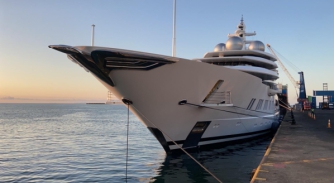
What’s next for Amadea?
The recent ruling may have provided some clarity on the UBO, but what happens now in a complex political climate offers more questions than answers
Opinion
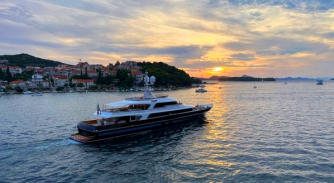
Hill Dickinson and Alley Maass sign transatlantic partnership
Two of the industry’s leading law firms have signed an alliance to better serve clients in their respective jurisdictions amid growing market demand
Business
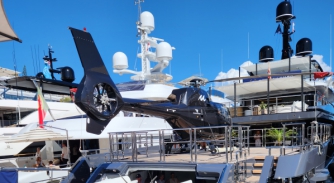
Risk exposure in the private charter yacht sector
Felix Christians on the misconception that a yacht-based helicopter can operate under private-use rules while carrying paying customers
Opinion

The luxury of convenience: eVTOLs
Law firm Reed Smith takes an in-depth look at the practical considerations of the use of electric vertical take-off and landing aircraft on yachts
Opinion
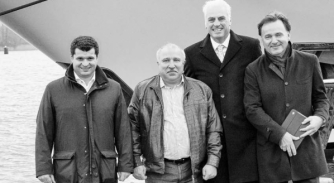
FBI “lied” in Amadea court case
Unsettling testimony from Amadea’s captain reveals US authorities manipulated evidence and pressured crew to make false statements in the forfeiture case
Fleet
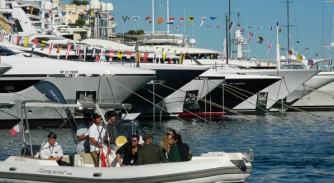
Millions in unpaid wages secured for crew
Crews recovered £2.17m in unpaid wages via Nautilus in 2024, bringing to the fore persistent challenges as union support in the sector increases
Crew
Related news
What’s next for Amadea?
3 months ago
Risk exposure in the private charter yacht sector
4 months ago
The luxury of convenience: eVTOLs
5 months ago
FBI “lied” in Amadea court case
5 months ago
Millions in unpaid wages secured for crew
5 months ago
No win, no Phi
5 months ago
NEW: Sign up for
SuperyachtNewsweek!
Get the latest weekly news, in-depth reports, intelligence, and strategic insights, delivered directly from The Superyacht Group's editors and market analysts.
Stay at the forefront of the superyacht industry with SuperyachtNewsweek



